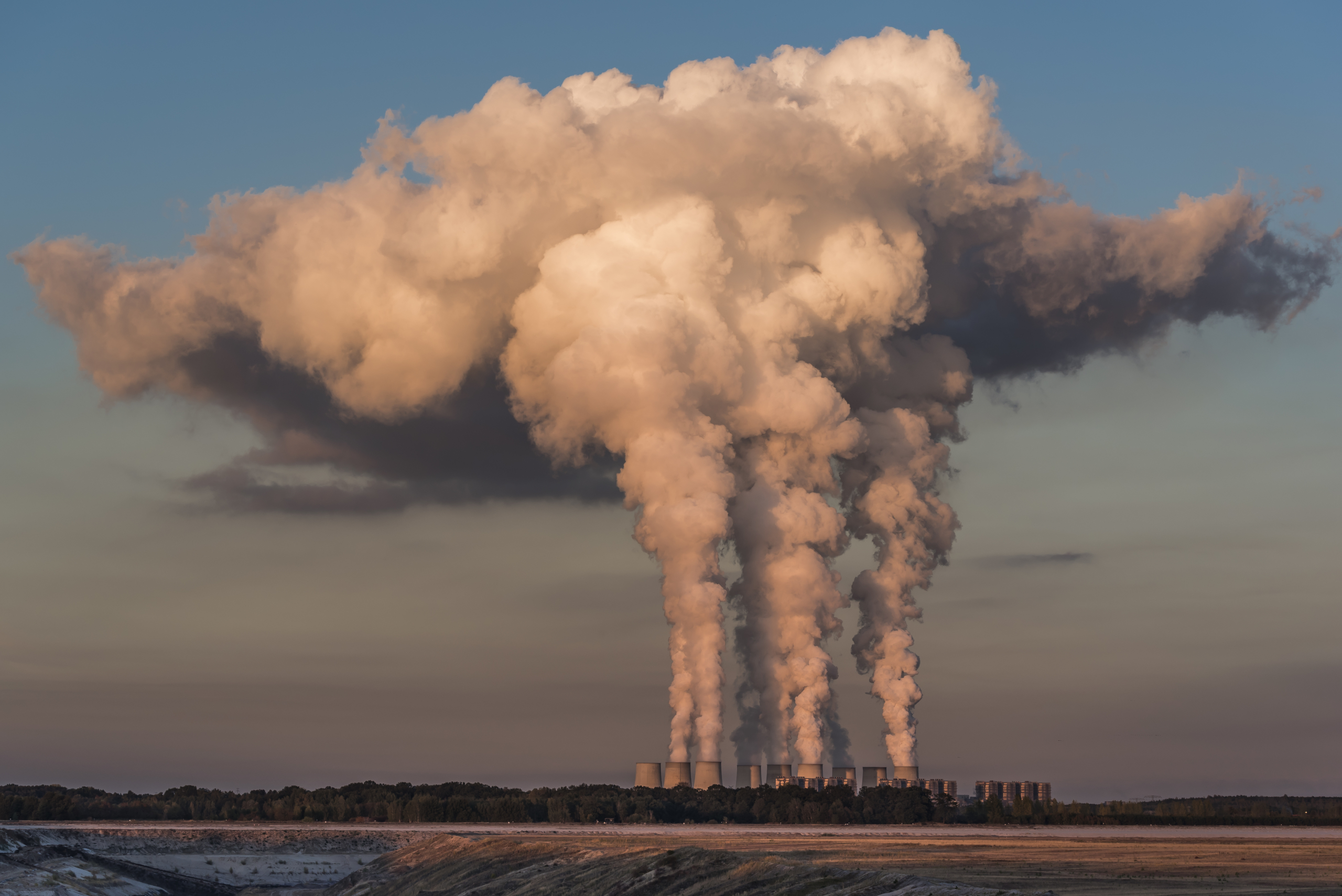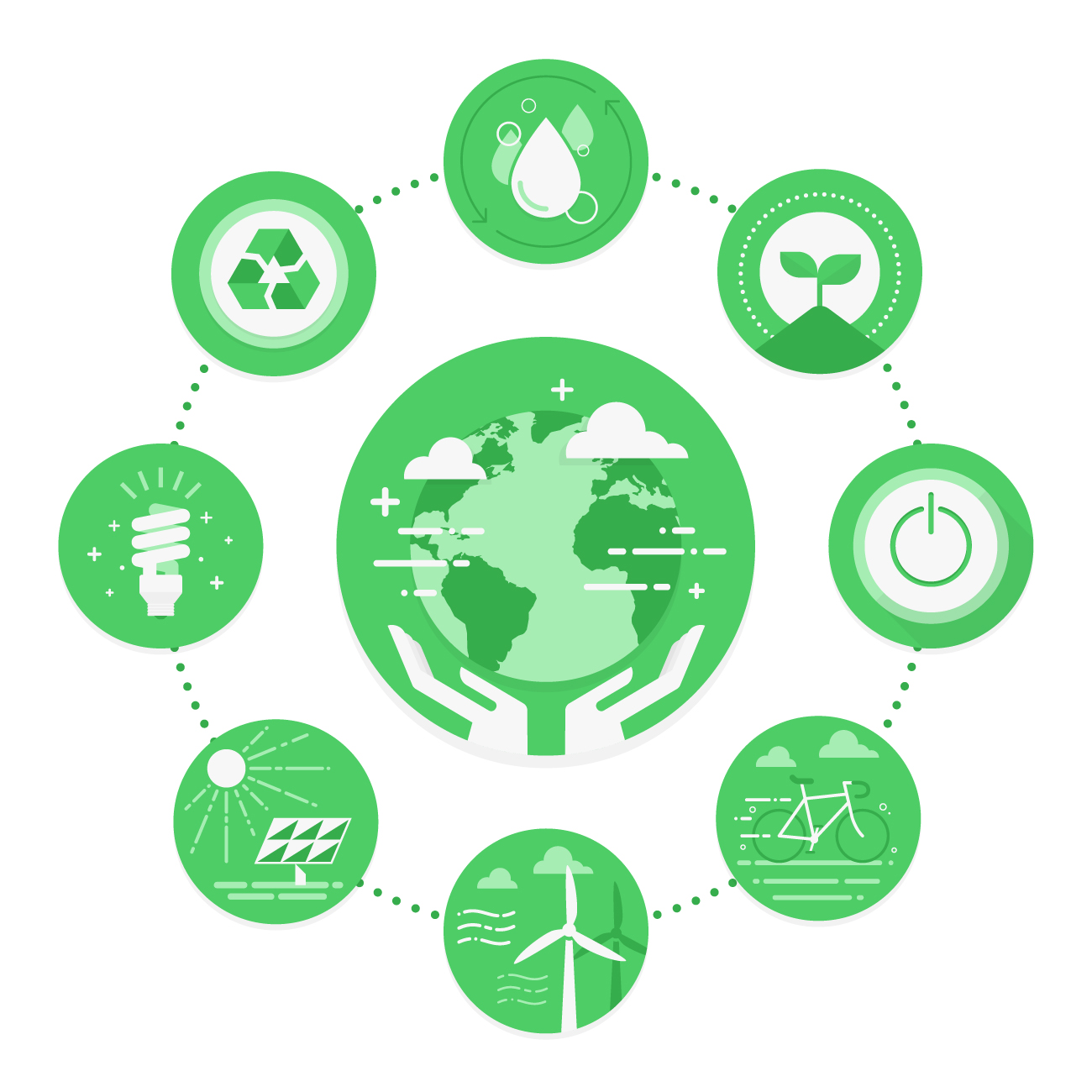
The Carbon Border Adjustment Mechanism (BCAM): A Transition to Fair and Sustainable Trade
From the outset, the European Commission has been a fervent advocate of integrity and fairness in world trade. Its latest initiative, the introduction of the Carbon Border Adjustment Mechanism (CBAM), is striking proof of this. With an ever-changing business landscape, exacerbated by growing concerns about climate change, it has become imperative to have mechanisms in place to ensure that all businesses, whether based in Europe or elsewhere, operate on a level playing field.
The importance of BCAM
BCAM is not simply another regulation introduced by the Commission. It’s a bold declaration that testifies to Europe’s determination to lead the global ecological charge. As the world strives to meet the Paris agreements and other climate change commitments, it is essential to ensure that global trade does not undermine these efforts.
European companies are already subject to strict emissions and sustainability standards. However, without CBAM, these companies risk being disadvantaged against foreign competitors who may operate in jurisdictions with less stringent environmental regulations. These disparities can lead to what is known as « carbon leakage », where companies relocate their production to regions with lower standards in order to cut costs.
What does BCAM offer in practical terms?
By introducing BCAM, the European Commission aims to neutralise this unfair competitive advantage. The mechanism would oblige importing companies to pay a cost for the carbon emitted when goods are produced outside the EU, creating a more level playing field. In other words, if a product is manufactured outside the EU and generates more emissions than if it had been manufactured to European standards, the importer would be obliged to compensate for the difference.
Voici les points clés de cette nouvelle directive :
1- Traceability of emissions
Purpose: Against the backdrop of the climate crisis, emissions traceability has become essential to guarantee corporate responsibility and transparency. The BCAM directive will require companies to monitor and document the carbon footprint of each imported product.
Timeline: Companies need to start preparing now, because from October this year, they will be required to track these emissions. The formal declaration phase will begin in January 2024 and run until the end of 2025, ensuring that companies have sufficient time to adapt and comply.

2- Combating carbon leakage
Issue: In a bid to cut costs, companies may be tempted to move their operations to regions with less stringent environmental regulations. This would cancel out efforts to reduce emissions in countries with strict regulations, leading to what is known as ‘carbon leakage’.
Solution via BCAM: By introducing CBAM, the European Commission aims to balance costs, making relocation for environmental reasons less attractive.
3- CBAM certificates
Authenticity and conformity: These certificates will act as proof that imported products have a carbon cost that is in line with European standards. Not only does this ensure that foreign companies comply with standards, it also ensures fair competition on the market.
Detailed documentation: Companies can’t just pretend to comply. They will have to provide detailed information on how the product was manufactured, its origin, its carbon footprint and other relevant data.
4- The sectors concerned
Why these industries? The industries targeted by BCAM, such as steel, cement and aluminium, are among the biggest contributors to global emissions. The industries targeted by BCAM, such as steel, cement and aluminium, are among the biggest contributors to global emissions.
Transition phase: Recognizing the challenges associated with such a transition, the directive allows industries a transition phase until 2026. During this period, they will mainly be required to declare their emissions, giving them time to comply fully.
To facilitate this transition, the Commission offers support to non-European importers and producers in the form of guidelines, tools, training courses and webinars.
The BCAM is at the heart of Europe’s efforts to meet the challenges of climate change, with the aim of bringing carbon pricing into line with all the players on the global market. But what are the precise implications and stakes of this initiative?

The key data
Preventing carbon leakage
The scale of the problem : Carbon leakage, which occurs when companies move their production to less regulated regions, is a serious threat. If left unchecked, these leaks could lead to an alarming 15% increase in global emissions.
Solution via CBAM : By introducing BCAM, the European Commission aims to dissuade companies from seeking regulatory loopholes, thereby ensuring fair competition and a significant reduction in emissions.
Harmonisation of carbon costs
Disparate regulations : The World Trade Organisation (WTO) points out that different countries have different emissions guidelines. This inconsistency creates a disparity in carbon costs across the world.
Impact of BCAM : The mechanism aims to balance these costs by ensuring that goods imported into Europe take account of these pricing differences.
Economic repercussions
Economic Potential : With the evolution of environmental concerns, the emissions trading market is poised to become a major player. By 2030, it is estimated that this market could generate colossal sales of €4.5 billion a year.
Protecting European industry
Threat to Europe : Without an initiative like BCAM, Europe risks being at a disadvantage. Local industries could be tempted to relocate their production to cheaper regions, resulting in job losses and reduced competitiveness.
Role of BCAM : By introducing BCAM, the EU wants to ensure that its industries remain competitive while complying with strict environmental standards.
Promoting the green transition
An incentive for sustainability : BCAM is not just a punitive measure; it is also a tool for encouraging sustainability. With the right carbon pricing, industries are encouraged to adopt greener practices.
Challenges associated with implementation
Initial complexity : Introducing new regulations, particularly in such large markets, is always difficult. Importers, in particular, can face challenges in the initial stages.
Long-term vision : Despite the challenges, BCAM’s vision is clear: to create fair and sustainable world trade. And while adaptation may take time, the long-term benefits for the planet and the economy are immense.
A forward-looking vision
Beyond balancing trade, BCAM represents a forward-looking vision of a Europe that is not content to regulate its own territory, but seeks to positively influence global standards. This is a double-edged strategy: on the one hand, it protects and supports European companies committed to sustainability; on the other, it encourages global players to strengthen their ecological commitments in order to access the European market without penalty.
In conclusion, the introduction of BCAM by the European Commission is more than just a new regulation. This is a statement by Europe’s ongoing commitment to a sustainable future and its determination to lead change on the world stage.
With the aim of reducing greenhouse gas emissions from businesses, CircularPlace has developed a marketplace for the resale of your unsold non-food products between professionals, and puts you in touch with non-profit organizations to recover your products.
You can also opt for a white label solution that will allow your company to circularize your equipment internally and to engage your employees around ecological themes.
Don’t throw away any more, opt for the second hand!
Read also
Questions about CircularPlace?



